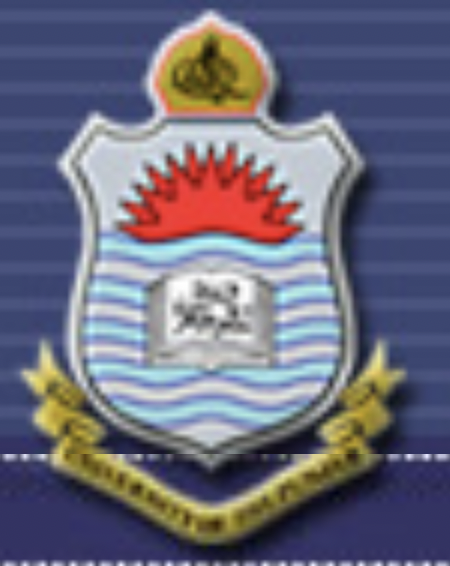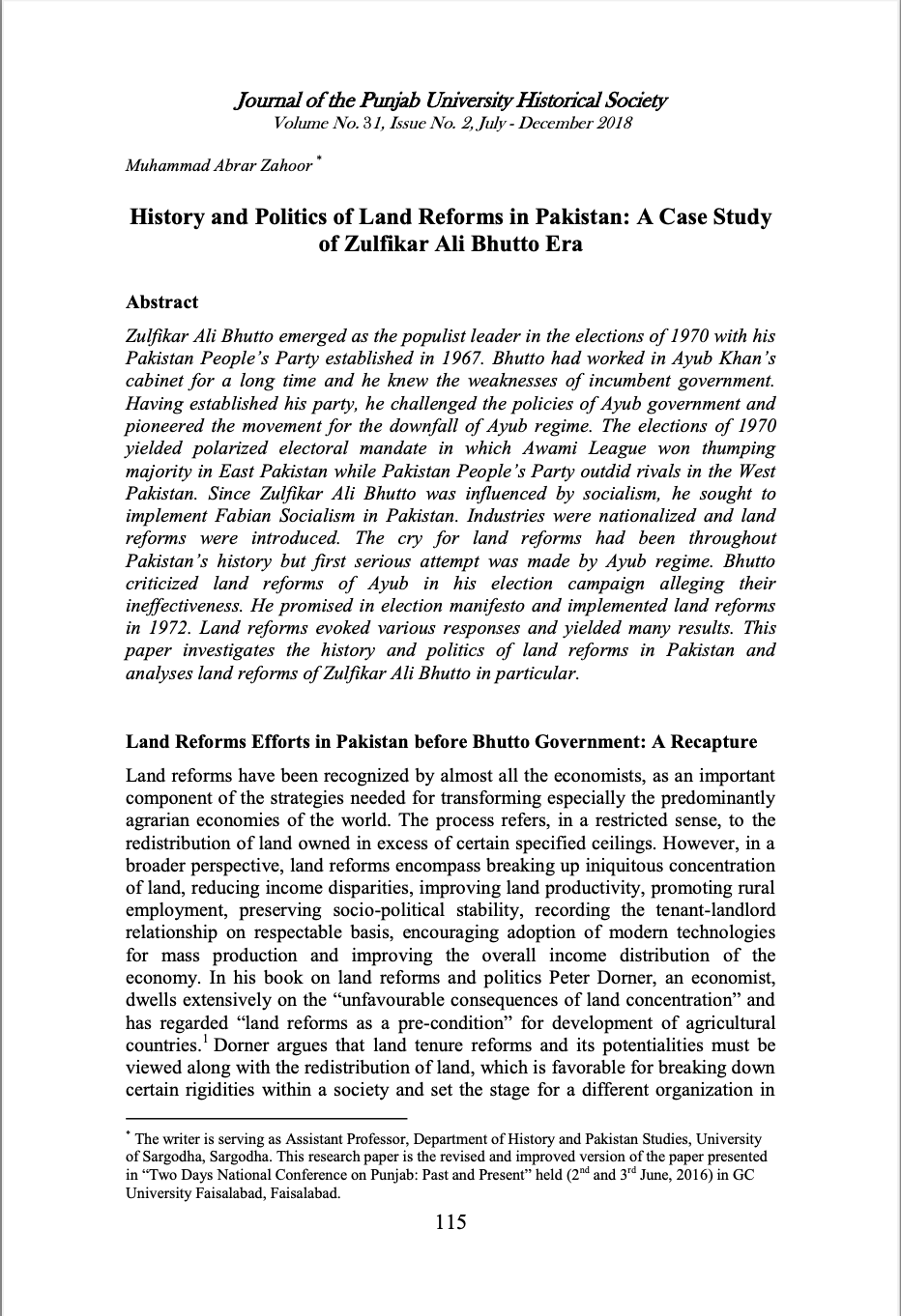Location
Journal of Punjab University Historical Society (JPUHS) is an open access, peer-reviewed and refereed journal published by the Department of History and Pakistan Studies, University of the Punjab, Lahore, Pakistan. The main objective of JPUHS is to provide an intellectual platform for the national and international scholars and PUJHS aims to promote interdisciplinary studies in humanities and social science.
• The journal publishes research papers in the fields of humanities and social science such as History, archaeology, anthropology, media and communication studies, criminology, cross-cultural studies, development studies, economics, education, ethics, geography, history, information science, international relations, law, methodology, philosophy, political science, population Studies, public administration, sociology, social welfare, performing arts (music, theatre & dance), religious studies, visual arts, women studies and so on.
• JPUHS publishes original papers, review papers, conceptual framework, analytical and simulation models, case studies, empirical research, technical notes, and book reviews. Special Issues devoted to important topics in humanities and social science will occasionally be published. The journal is published in both print and online versions.
Members:
Resources
Displaying 1 - 1 of 1History and Politics of Land Reforms in Pakistan: A Case Study of Zulfikar Ali Bhutto Era
Zulfikar Ali Bhutto emerged as the populist leader in the elections of 1970 with his Pakistan People’s Party established in 1967. Bhutto had worked in Ayub Khan’s cabinet for a long time and he knew the weaknesses of incumbent government. Having established his party, he challenged the policies of Ayub government and pioneered the movement for the downfall of Ayub regime. The elections of 1970 yielded polarized electoral mandate in which Awami League won thumping majority in East Pakistan while Pakistan People’s Party outdid rivals in the West Pakistan.


